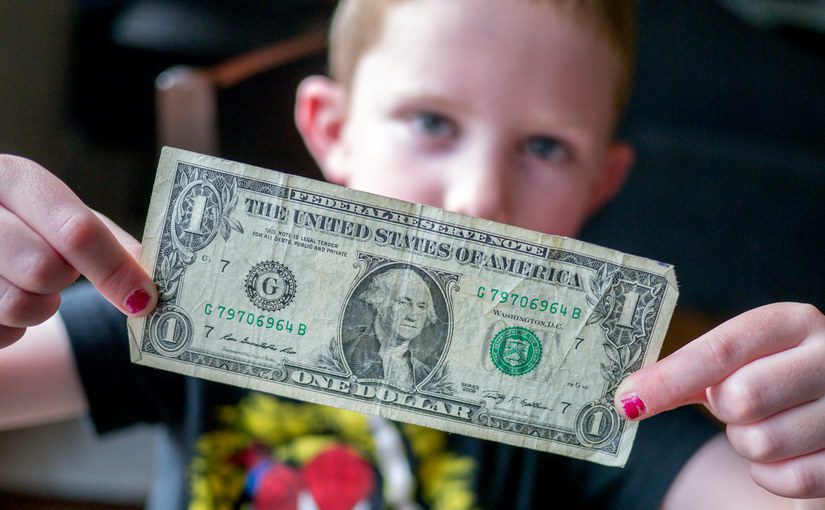A work colleague of mine posted a question on Facebook asking about how other parents handled screen time with their kids. Below was my response. If you’re a parent, how do you handle screen time with your kids?
Most “experts” (and I use that term loosely because there haven’t been many really solid studies on this, so it’s mostly guessing) say 2 hours maximum of screen time per day for kids. So with our five year old, we give him 60 minutes total screen time per weekday, and 90 minutes on weekends. We’ll scale that up as he gets older. We give him little plastic coins (5’s and 10’s) for time counting that go into a little tray so we can also teach him basic math while we’re at it. He decides how he wants to spend his time between iPad, TV, computer, and Xbox. We try to encourage him to use no more than 30 minutes at once, taking a break in between. No screen time before school, ever.
For the most part, this system works out quite well – he rarely uses all his screen time on weekdays. He understands the limits and rarely complains about them. We’ve had the occasional case of him becoming a little obsessed with a game (Tiny Thief and Minecraft on the iPad so far), but by having the preset time limits in place, the answer is always the same: “You can play it tomorrow”.
For me, what makes this work is defined limits that the kids know about and agree to. Without that, you have “it’s whatever mom and dad say”, which creates uncertainty in your kids. They adapt to that by whining/screaming more if they feel the whim of mom and dad doesn’t go their way. Same thing goes for allowance and buying things at stores – pre-defined solutions (allowance) encourage your kids to think about how they should use the resources they have. I’ll write more about this in a future blog post and it’s something I find very interesting!
Zero screen time for our toddler until she’s two, then we’ll give her a little bit of time with the iPad.


